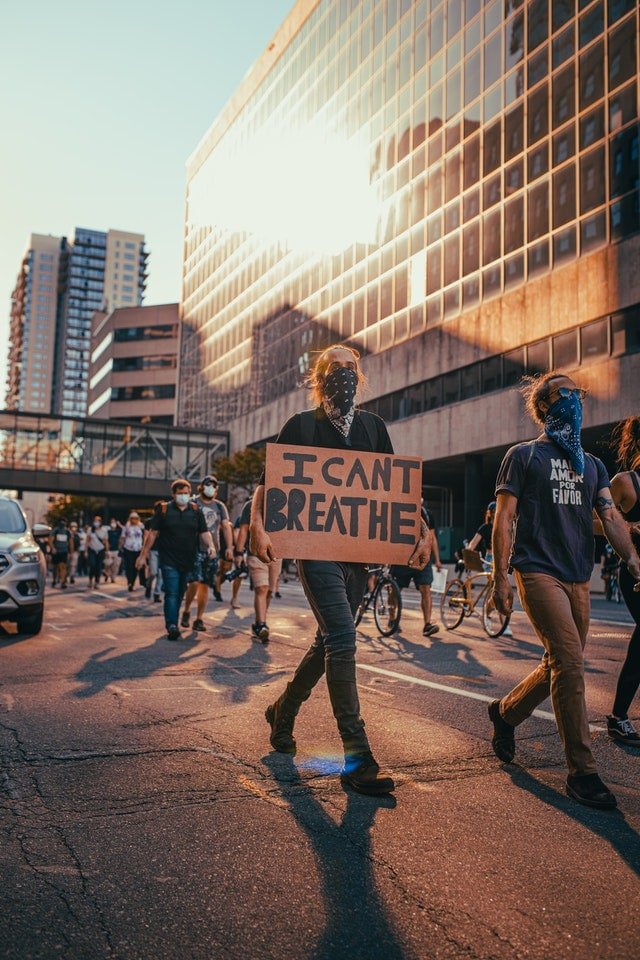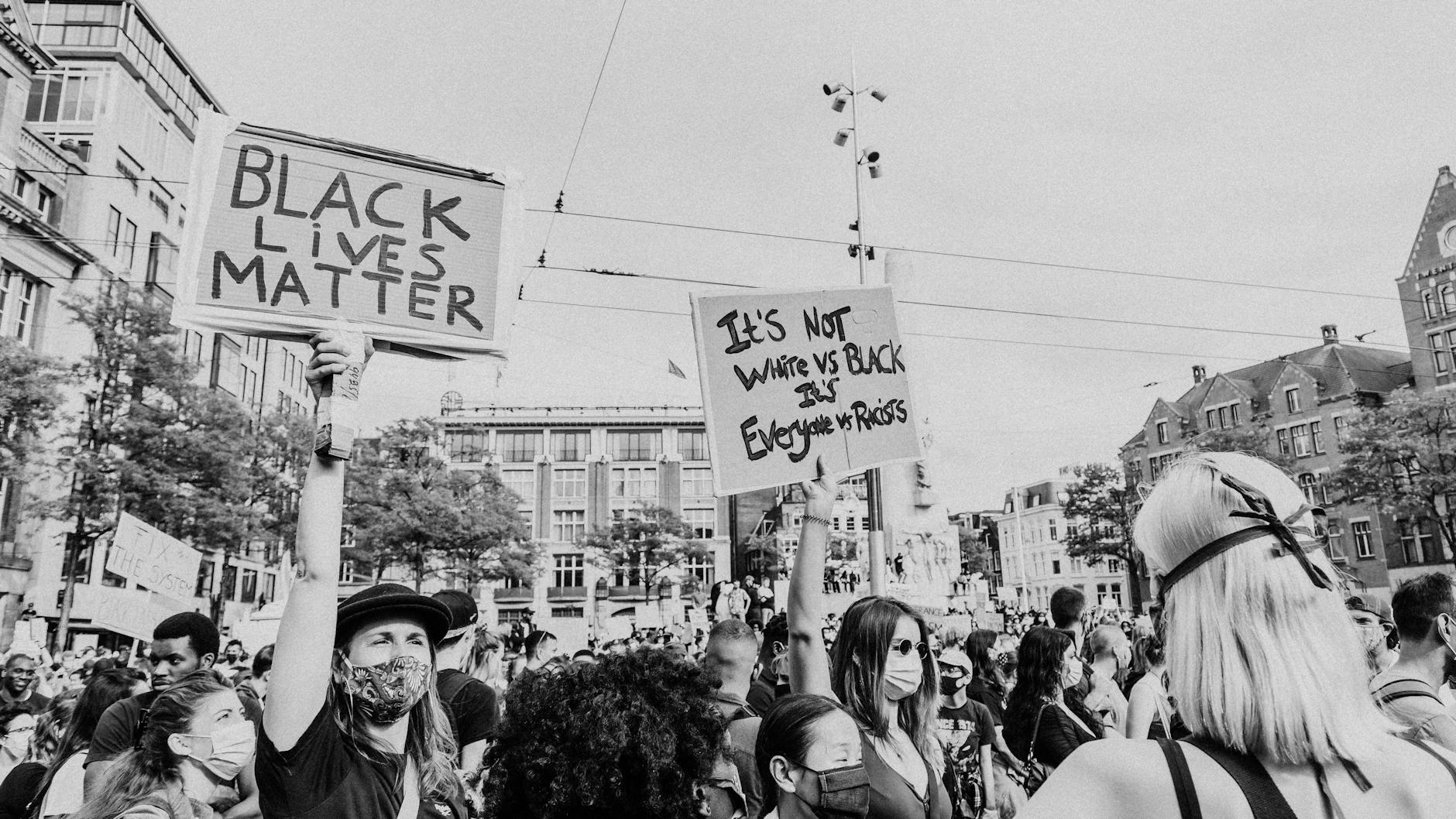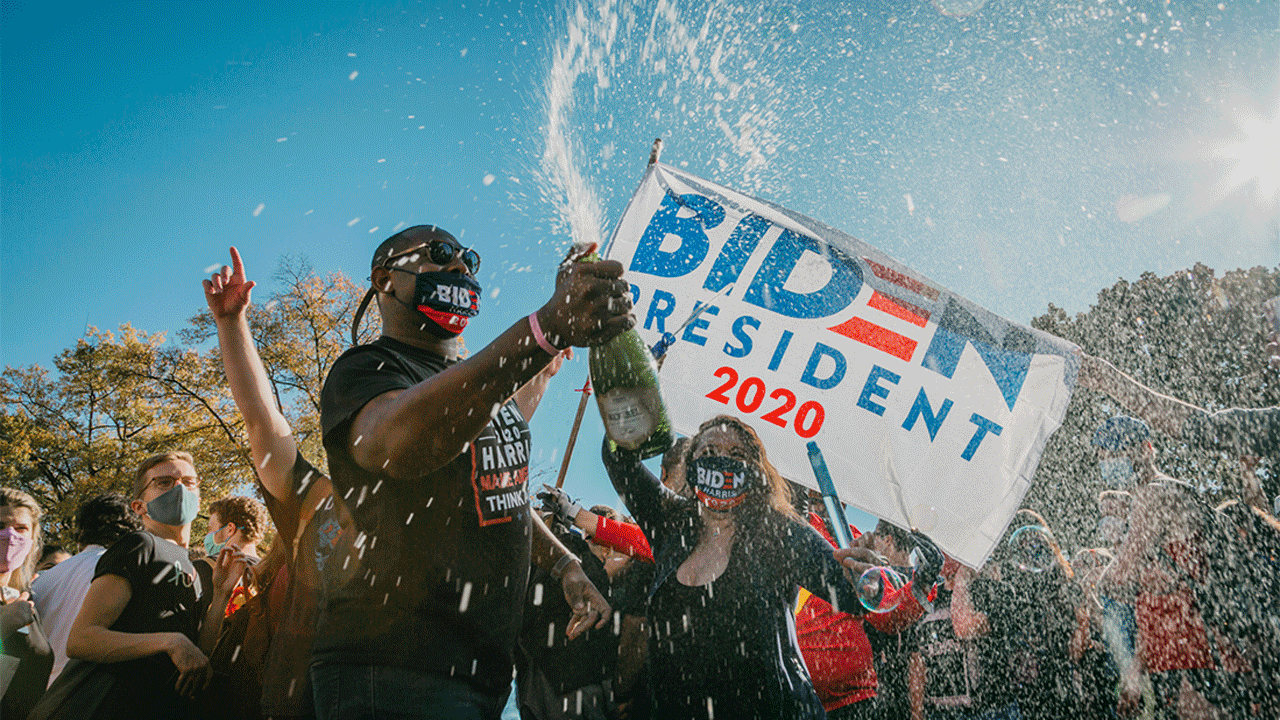Understanding The Social Impact Of The 2020 Anti-Racism Protests

2020 was a year that will live long in everyone’s memories. Naturally, a global pandemic won’t be forgotten any time soon, but there were many other significant events that happened during the year. One of the biggest was the tragic death of George Floyd, which sent tremors around the globe. It was yet another instance of an unarmed black man savaged by the US police force, sparking protests and riots all over the world.
These protests went on for months, even as the pandemic continued to rage on. It will go down in history as one of the most monumental anti-racism movements in the modern era. The protests received lots of media coverage – some of it supportive, some of it not. As the anti-racism protests have died down in the last few months, it seems as good a time as any to analyse the social impact they had on the world. The short answer is that they had an overwhelmingly positive impact on society, despite a lot of negative press from some corners. To understand this, we can look at four key areas most effected by the anti-racism protests in 2020:
Raising awareness & generating a conversation
The actual impact in terms of policy changes might not have been as drastic as people hoped. However, these protests had a wider impact on society in the sense that they raised awareness and sparked conversations. This is why researchers like Adam Elliott-Cooper state that campaigns like Black Lives Matter are essential for the world. Yes, they can lead to genuine policy changes, but this often comes after they have started a conversation about serious topics.
Following these protests, many people began educating themselves on things like institutional racism and how racism is deeply rooted in modern society. It led to live TV debates, programmes, and lots of social media discussion about the topic of racism. By raising awareness, it highlights other issues relating to this and what needs to be changed. More importantly, these protests help educate people and open their eyes to the problems in modern society which may not directly affect them. From here, more noise is made, and that’s where we start to see positive changes.

Exposing ignorance
Following on from the previous point, the anti-racism protests exposed people’s ignorance on the subject. This was perhaps best illustrated by everyone talking about ‘All Lives Matter.’ This counter movement was born our of a lack of understanding of what the Black Lives Matter slogan stood for and further highlighted the ignorance of vast swathes of society which seemed oblivious to the very real struggles and experiences of ordinary black people.
Lots of people innocently used the All Lives Matter argument, and they promptly realized why this didn’t make any sense. Again, it highlighted the need for education on what institutional racism is, how prevalent it is and the level of anger felt by many after decades of inaction.

Exposing Right-Wing Rhetoric
The All Lives Matter argument was quickly picked up by certain elements of the media, people in power and right wing commentators. Perpetuating racist dialog, whether intentionally or not, there was a concerted effort to use the All Lives Matter argument to draw a line between “us and them”. These news outlets and commentators quickly took the airways and social media to frame the anti-racism protests as both anti-white and anti-democracy, driving further division between sectors of society which are already dangerously at odds with one another.
The All Lives Matter argument quickly became a rallying cry for conservative voices who argued that not only was Black Lives Matter a racist anti-white movement but it had also been infiltrated by anti-democracy groups like Antifa (which itself is a complete fabrication as it is an anti-fascist movement). Certain commentators took this one step further and drew further connections with fringe conspiracy theories about socialist/communist threats to democracy, two terms which are often used incorrectly on purpose to drum up further fear and paranoia in conservative quarters.
Again, it showed just how deep the problems of racism and division run in society, and while much of this happen in America, the ideas have been picked up and expanded upon across the world, especially in Western countries.

It Cemented Donald Trump’s Loss
Often overlooked but probably the most immediate effect of the anti-racism protests was that it delivered a resounding loss for Donald Trump’s second shot at the presidency.
The 2020 election saw record turnouts of black voters across the country and also record number of non black voters, especially young Americans using their vote to cast out a president who far from trying to heal the wounds of a nation, deliberately riled up his base – often making dangerous and completely unfounded claims of malicious interference by his favourite boogieman, Antifa.
While this might have been very effective for his base, it did nothing but the opposite for the millions of Americans who far from buying into his often hysterical tweets, actually saw through his actions and words. Not only was he abdicating responsibility for his own rhetoric but also deliberately downplaying and even encouraging the racism which led to the protests in the first place.
Donald Trump’s loss has had obvious and very real implications for the entire world. A second term would have been disastrous for western democracies, the rejection of the alt-right views he promoted has afforded America and her allies a short reprieve and maybe a chance to return to some normality.
Overall, the 2020 anti-racism protests had huge effects on society already. Their impact continues to grow and live on – perhaps we will look back on them in 10 years and say that this was the spark that lit the flame of change. What that change may be is yet to be seen but we can only hope it will be positive.





